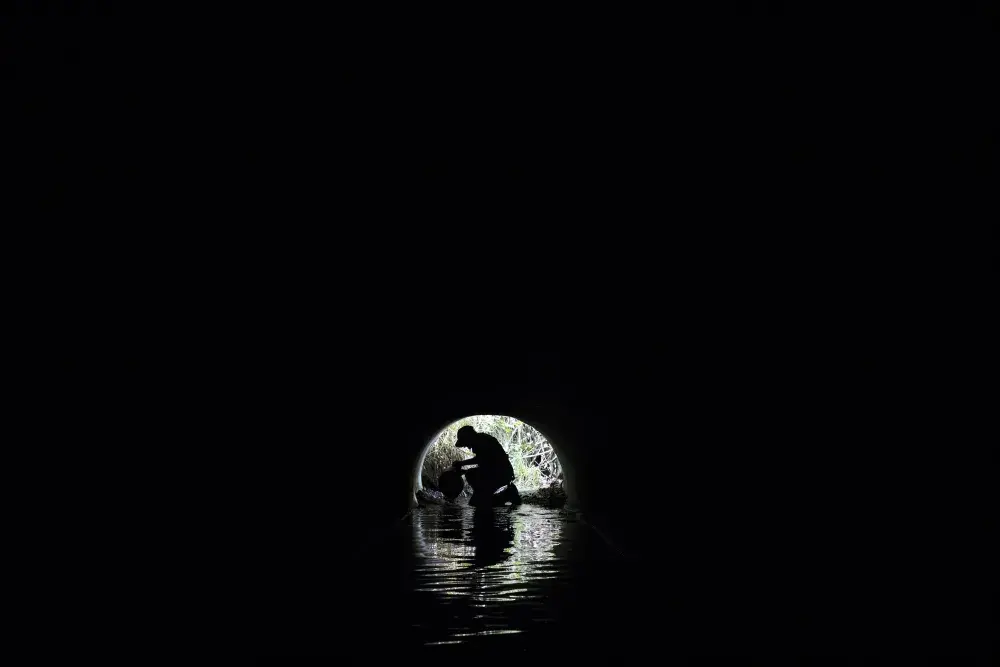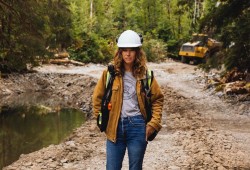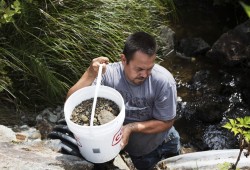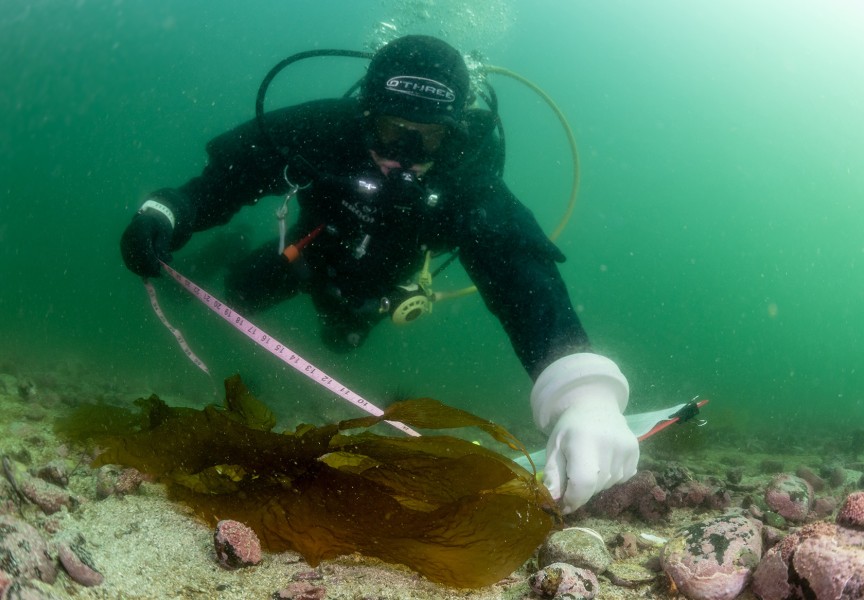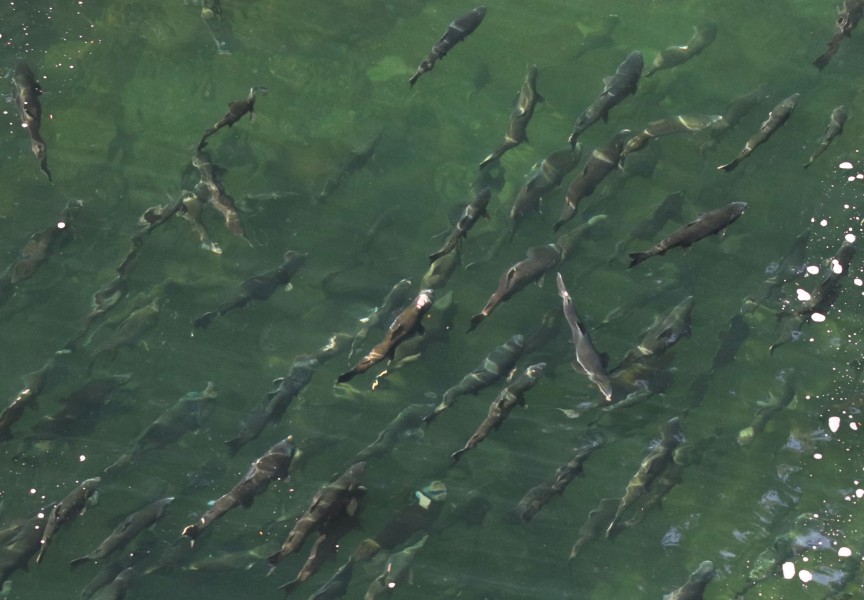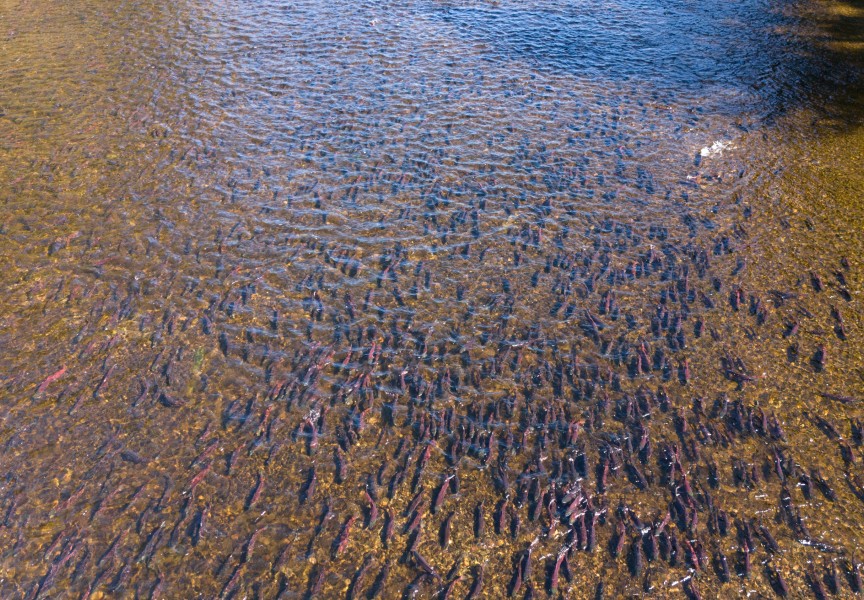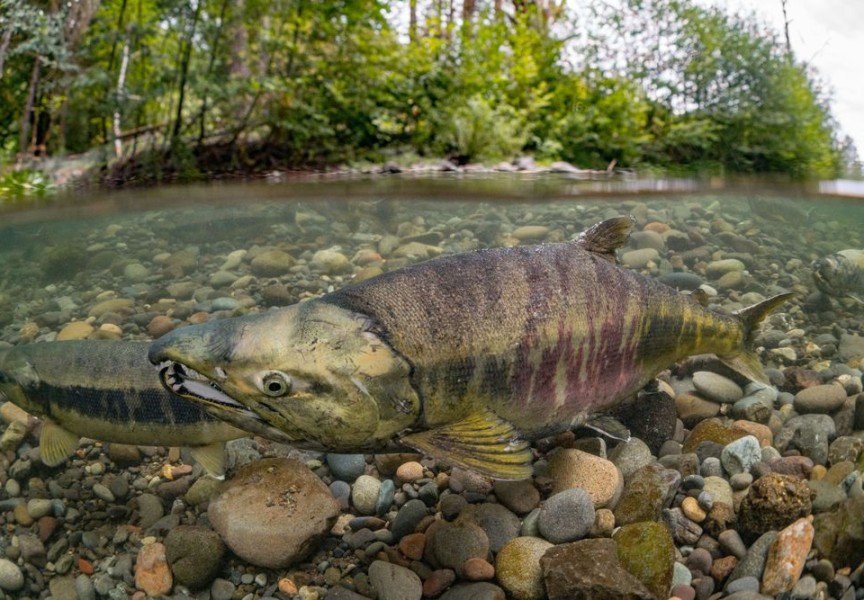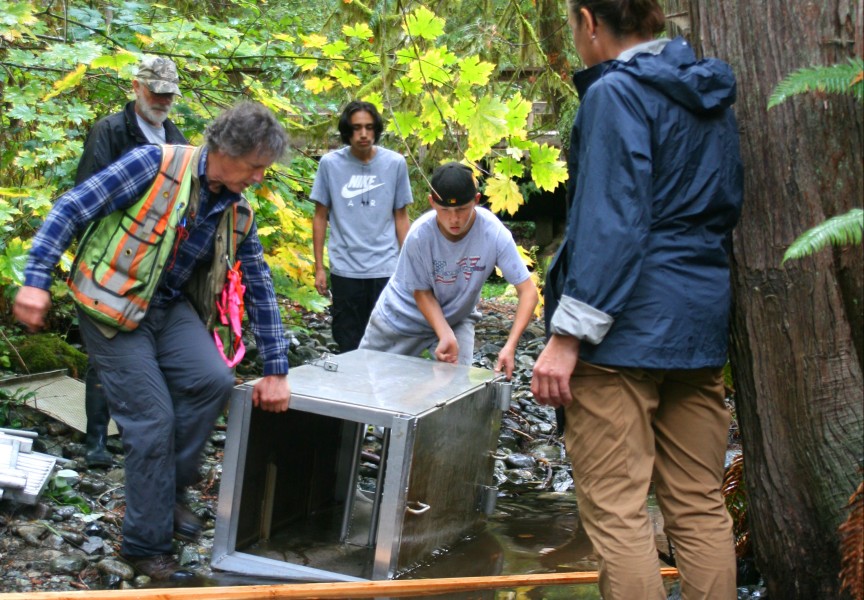Tofino is one of 65 communities from across British Columbia that will collectively receive about $56 million from the province’s Community Emergency Preparedness Fund (CEPF).
It was announced via a news release in mid-September that Tofino is specifically getting $150,000 in funding, which will be utilized towards a Mackenzie Creek restoration project.
Preventative work that will be done with the funding is aimed at helping First Nations and local governments during emergencies by minimizing the risk of disasters.
This is accomplished in various manners including tackling current vulnerabilities. Minimizing the risks of future disaster events is also accomplished by assisting various communities to make informed future decisions.
All of the provincial funding was provided through the CEPF’s Disaster Risk Reduction - Climate Adaptation stream.
“As we know, our coastal communities are very vulnerable to climate change,” said Jessica Hutchinson, who has served as the executive director of the Redd Fish Restoration Society for the past 20 years. “We’re really excited about this opportunity. It’s an opportunity to take preventative measures.”
The Redd Fish Restoration Society, which also simply goes by the moniker Redd Fish, is a registered charity based in Ucluelet that focuses on restoration, research and education.
Hutchinson said Redd Fish as well as officials from Tla-o-qui-aht First Nation and the District of Tofino joined forces to submit a funding application.
Josie Osborne, who is the MLA for Mid Island-Pacific Rim, is pleased that the group is one of the recipients of provincial funding.
“Mackenzie Creek is a valued salmon-bearing creek that has suffered impacts from past development, and local organizations are working hard to rehabilitate the creek and its sensitive fish and wildlife habitat,” she said. “This funding will help Tofino in their efforts to restore Mackenzie Creek to a cleaner, healthier waterway.”
Hutchinson said the local area is more vulnerable to some disasters due to its exposure to the ocean. The region also has a tendency to see large precipitation events.
“We’re hoping to improve climate readiness for Tla-o-qui-aht, its surrounding communities and the District of Tofino,” Hutchinson said.
The province established the CEPF in 2017. Since its inception the program has provided about $369 million to First Nations and local governments to better prepare themselves and mitigate impacts of climate-related emergencies.
A total of about 2,100 projects have received some funding in the past seven years in various categories.
“Climate change is no longer a future concern, it’s happening now and we’re seeing its impact all over British Columbia,” said Bowinn Ma, the minister of Emergency Management and Climate Readiness. “Through disaster mitigation funding, our government is committed to helping communities become more resilient by empowering local governments to adapt to the changing climate and better protect themselves and their residents against future climate challenges.”
Provincial funding was divided into three categories. Funding for the Tofino initiative was provided through a category for foundational activities, which includes risk planning and assessments.
There was also a funding category for small-scale structural activities. And another one for non-structural activities, including land use planning, community education and the purchase of eligible equipment.
Now that the Tofino project funding has been secured, Hutchinson said the next steps are being planned.
“We’re doing a series of assessments looking for ways to improve our ecosystem recovery,” she said, adding assessments include determining culvert conditions and the status of shorelines.
She said those assessments are expected to begin this winter.
“It will reach out into the summer as well,” she said.
Hutchinson also said a number of community engagement sessions will also be held with Tla-lo-qui-aht First Nation members as well as residents from the District of Tofino.
“This is about creating climate resiliency,” she said.
CEPF funding is administered through the Union of BC Municipalities.
“Local governments are looking ahead to what the changing climate means for public infrastructure,” said union President Trish Mandewo. “As climate events become more severe and more frequent, adaptation projects are needed to ensure our communities can withstand future disasters. This funding will help local governments whether they are assessing the changing risk, determining the adaptation needed or carrying out the work.”

